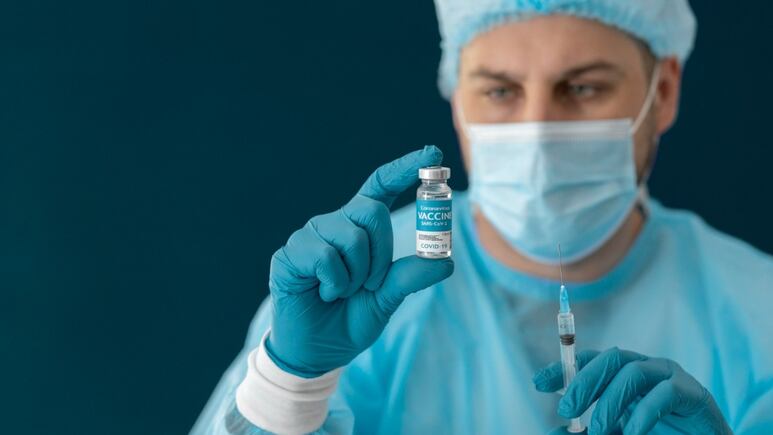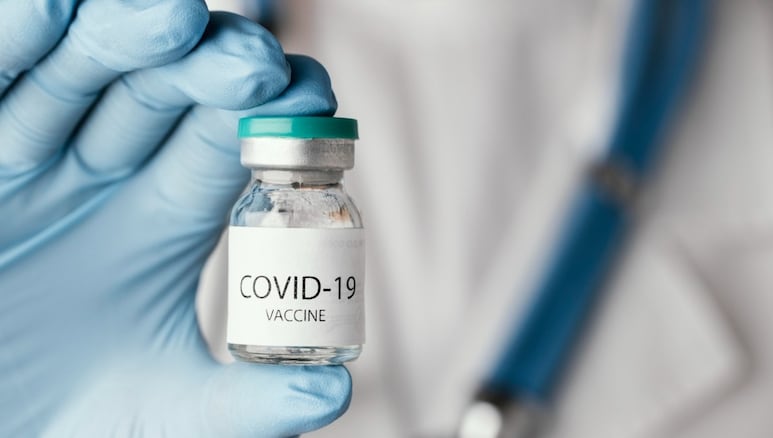In Mexico Pfizer Awaits Cofepris Approval for COVID-19 Vaccine
The health registration is for the updated vaccine against SARS-CoV-2 and its JN1 variant

Pfizer is currently waiting for the Federal Commission for Protection Against Health Risks (Cofepris) to grant it health registration for the updated vaccine against SARS-CoV-2 or COVID-19 and its JN1 variant, stated Yéssika Moreno Ramírez, Medical Director for Pfizer in the Latin America cluster.
Publicidad
She pointed out that COVID-19 has the ability to mutate, which requires continuous updates to the vaccine. A clear example is the more than 80 variants identified from the Omicron strain, with JN1 being the most contagious worldwide, and, to a lesser extent, the KP2 and KP3 variants.
Alberto Sorzano, Supply Chain Manager for the U.S. pharmaceutical company, told El Heraldo de México that the company is ready, and once the registration is obtained, which is expected to happen by October, they will begin importing doses from Belgium, where the vaccine is produced.

Yéssika Moreno emphasized the importance of updating this vaccine and having access to it since the virus today is not the same as in 2020. Additionally, there has been a 36% increase in the positivity rate of all tests.
Publicidad
“COVID hasn’t gone away; it’s still with us and continues to cause cases,” she highlighted during a press conference held during a tour of Medistik Traxion, where the vaccine is received and stored before being delivered to the final buyer.
Publicidad
She noted that, although infections are observed across all age groups, those most affected are children under five and adults over 65, who often end up in intensive care.
Información originalmente publicada en El Heraldo de México
Publicidad
Publicidad
Más Leídas | Heraldo USA
Robert Prevost, el nuevo papa León XIV: por qué eligió ese nombre y su significado
Por Heraldo USA
“Será un cónclave rápido”: Mhoni Vidente revela quién será el nuevo Papa
Por Heraldo USA
Cónclave 2025: ¿Quién es Robert Prevost, el nuevo Papa de la Iglesia Católica elegido hoy jueves 8 de mayo?
Por Heraldo USA
¿Qué significa la frase “habemus papam” y cuál es su origen?
Por Heraldo USA
Publicidad









